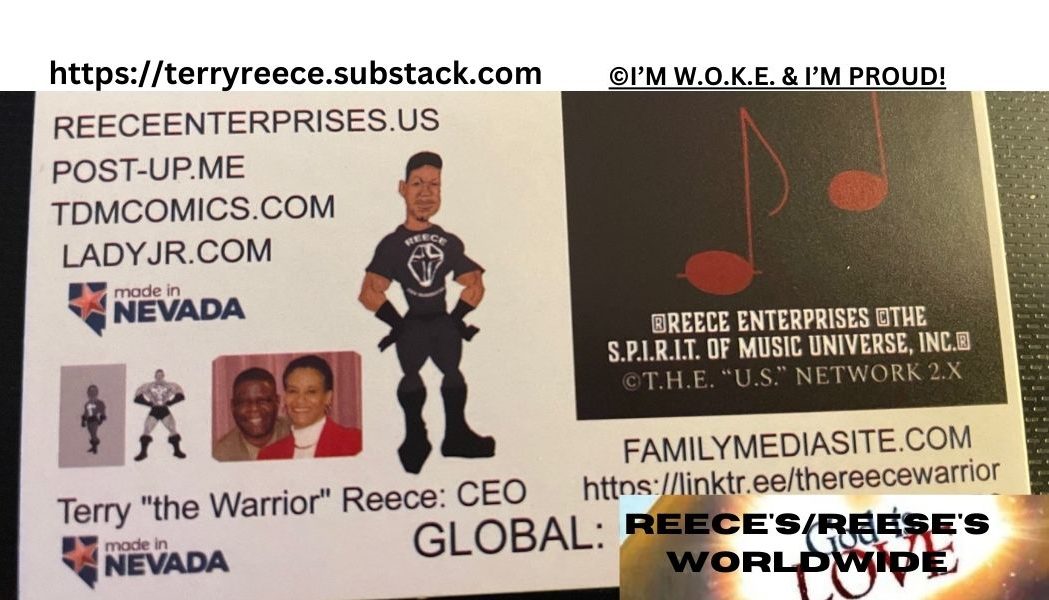
Consumer Alert
Scammers impersonate well-known companies, recruit for fake jobs on LinkedIn and other job platforms
By
Larissa Bungo
Senior Attorney
August 8, 2023
Image

Scammers are lurking on LinkedIn and other job sites, posing as “recruiters” for well-known companies. But instead of looking to hire you, they’re really looking to take your money and personal information.
It starts with a direct message on a job search site like Indeed or LinkedIn. The “recruiter” says you have exactly the skill set they’re looking for. Next, they’ll email an official-looking invitation for a virtual interview along with a Job Briefing guide that gives you details about your job duties and job benefits. (Did that email come from a personal email, not a company account? That’s a red flag.) After the virtual interview, you get an official-looking offer letter, complete with the company’s name and logo.
But after they offer you the job, they’ll push for your money and personal information. You’ll get an invoice (it’s fake) for equipment like a computer they’ll order for you, but tell you to pay for — using cash, Zelle, or PayPal. They promise to reimburse you. But they won’t because it’s a scam.
Or, instead, they’ll ask for your personal information, like your driver’s license, Social Security, or bank account number, to fill out “employment paperwork.” And they want it before they’ll answer your questions about the job. But if you share it, they might steal your identity.
To spot these scams, know that honest employers will never ask you to pay upfront fees for a job or for equipment. And they won’t ask you to pay them using cash, Zelle or PayPal. Anyone who does is a scammer.
To avoid these scams, never give out personal information before doing some research. Contact the company directly using a phone number you know to be legitimate — not one you got from the “recruiter.” Or go to the company’s website. If you can’t confirm the job is real, it could be a scam.
The FTC has resources to help you spot job scams. If you spot a scam, report it at ReportFraud.ftc.gov.
Search Terms
Topics
Scams
________________________________________________________________________________

https://consumer.ftc.gov/consumer-alerts/2023/08/asked-wire-money-cut-cord?utm_source=govdelivery
Consumer Alert
Asked to wire money? Cut the cord
By
Terri Miller
Consumer Education Specialist, FTC
August 7, 2023
(View or share YouTube version of the video).
If someone asked you to mail them $200 in cash, would you do it? Probably not. Wiring money is just like sending cash in the mail. Once it’s gone, you probably won’t get it back — which explains why scammers tell you to pay that way. You’d think twice before mailing your hard-earned money — do the same thing before you wire money. Here’s what to know.
Scammers want your attention (and your trust) so they can ask you to wire money through a company like Western Union or MoneyGram. Some scammers weave a complex web of lies to get you to wire them money. They might find you on a dating app, earn your trust, and then say they have an emergency. That’s when they ask you to wire them money right away. And that’s a scam. Or a scammer might be lurking in a resale website where you posted an item for sale. They’ll “accidentally” overpay you — and “helpfully” suggest that you wire back the extra money. But that’s a scam. Always.
No matter what reason they give, never wire money to someone you haven’t met in person, who pressures you to pay immediately, or who says a wire transfer is the only way to pay. Only scammers ask you to do those things.
Already wired money to a scammer? You might feel embarrassed for losing money and for trusting them, but if you act fast, you might be able to get your money back:
Contact the wire transfer company or bank that you used to send the money right away. Tell them it was a fraudulent transfer and ask them to reverse the wire transfer and refund your money. Then report it to the FTC at ReportFraud.ftc.gov.
Image

Search Terms
Topics
Scams

